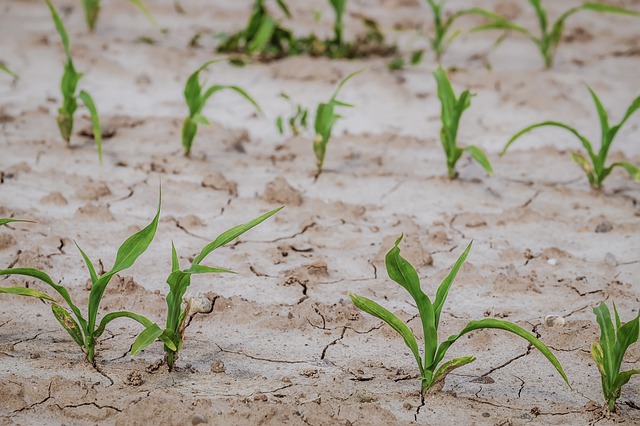Global leaders call for urgent action on climate adaptation
- September 11, 2019
- Posted by: administrator
- Category: Agriculture, Global, Investment and Finance, Water Issues

A new Global Commission on Adaptation report has found that investing $1.8 trillion globally from 2020 to 2030 in climate adaptation in five key areas could yield $7.1 trillion in net benefits.
Leaders from the Global Commission on Adaptation call on governments and businesses to take urgent action to innovate and advance climate adaptation solutions in light of new research findings. The Commission is led by Ban Ki-moon, 8th Secretary General of the United Nations, Bill Gates, Co-chair of the Bill and Melinda Gates Foundation, and Kristalina Georgieva, CEO of the World Bank.
The report is being released as climate impacts – such as super-charged hurricanes, floods, and wildfires – are becoming an increasingly urgent reality. As recent events have shown, climate change affects people everywhere. Furthermore, without action, millions of people will be pushed further into poverty, leading to increased conflict and instability.
The report puts forward a bold vision for how to transform key economics systems to be more resilient and productive. The Commission finds that adaptation can produce significant economic returns: the overall rate of return on investments in improved resilience is high, with benefit-cost ratios ranging from 2:1 to 10:1, and in some cases even higher.
Specifically, the analysis finds that investing $1.8 trillion globally in five key areas from 2020 to 2030 could generate $7.1 trillion in total net benefits:
- early warning systems
- climate-resilient infrastructure
- improved dryland agriculture
- mangrove protection
- investments in making water resources more resilient
According to the report, the areas represent only a portion of the total investments needed and total benefits available.
The report calls for adaptation that addresses underlying inequalities in society and brings more people, especially people most vulnerable to climate impacts, into decision making. The reality is that those most affected by climate change did the least to cause the problem – making adaptation a human imperative.
Ban Ki-moon, 8th Secretary-General of the United Nations and Chair of the Global Commission on Adaptation, commenting on the report’s findings, said:
“Climate change doesn’t respect borders: it’s an international problem that can only be solved with co-operation and collaboration, across borders and worldwide. It is becoming increasingly clear that in many parts of the world, our climate has already changed and we need to adapt with it. Mitigation and adaptation go hand-in-hand as two equally important building blocks of the Paris Climate Change Agreement. Adaptation is not only the right thing to do, it is also the smart thing to do to boost economic growth and create a climate resilient world.”
Bill Gates, Co-chair of the Bill and Melinda Gates Foundation and Co-chair of the Global Commission on Adaptation, said:
“People everywhere are experiencing the devasting impacts of climate change. Those most impacted are the millions of smallholder farmers and their families in developing countries, who are struggling with poverty and hunger due to low crop yields caused by extreme changes in temperature and rainfall. With greater support for innovation, we can unlock new opportunities and spur change across the global ecosystem. Adaptation is an urgent issue that needs support from governments and businesses to ensure those most at risk have the opportunity to thrive.”
